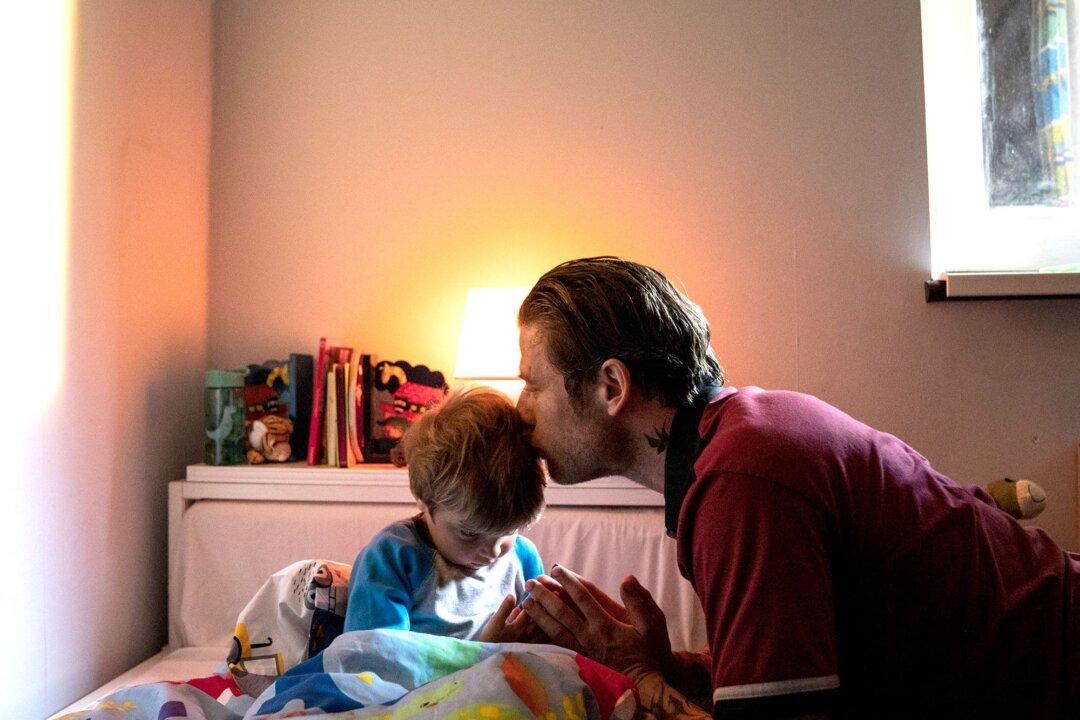NR | 1h 36m | Drama | 2024
Northern Ireland provides the setting for this stirring and bittersweet drama about a terminally ill single father looking to find a suitable home for his little son after he dies.

NR | 1h 36m | Drama | 2024
Northern Ireland provides the setting for this stirring and bittersweet drama about a terminally ill single father looking to find a suitable home for his little son after he dies.